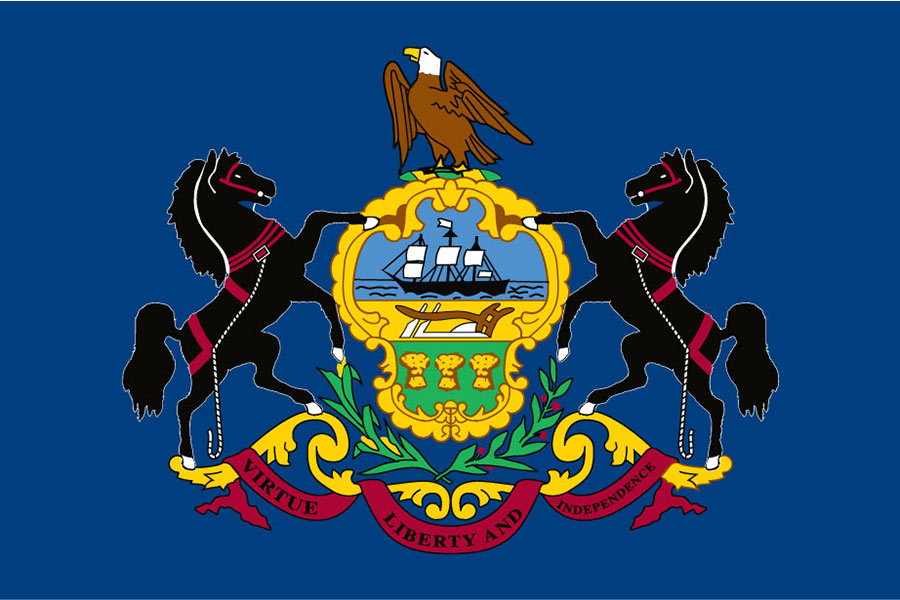The budget impasse in the state legislature is putting a damper on progress for the Pennsylvania Fairness Act, according to organizers with Pennsylvania Competes, a bipartisan social-welfare nonprofit working to pass the bill. Leaders of the organization spoke with PGN this week.
The bill, which was reintroduced in August after being stalled for years, would amend the Pennsylvania Human Relations Act to prohibit LGBT discrimination in employment, housing and public accommodations. It remains in the State Government Committee in the House of Representatives and Senate, and cannot move forward until the chairman in either body schedules it for a vote.
There are 84 bipartisan cosponsors in the House and 25 in the Senate.
Republican state Rep. Daryl D. Metcalfe, chairman of the House State Government Committee, did not return a call asking if he planned to schedule a vote on the bill.
Republican state Sen. Mike Folmer, chairman of the Senate State Government Committee, would like to host a public hearing before scheduling a vote on the Pennsylvania Fairness Act, said Fred Sembach, the senator’s chief of staff.
The hearing has not yet been scheduled. Sembach told PGN budget discussions have created some scheduling complications.
“He has some concerns with how the bill will impact religious rights,” Sembach said. “That’s why he wants to hold a hearing.”
Lynn Lawson, communications director for Pennsylvania Competes, said the short answer for what’s causing the hold-up is the budget. She noted passing a state budget is necessary legislation, but it’s still being debated nearly four months after the deadline.
“Very little legislation in Harrisburg is happening right now because of the budget,” added Sam Gehler, field director for Pennsylvania Competes and organizing director for Equality Pennsylvania.
He said the State Government Committee calendars are dependent on the budget passing. Gehler added that while Metcalfe has chosen in the past not to move on nondiscrimination legislation for LGBT residents, he has not publicly committed to a position on this session’s bill.
Bucks, Chester, Delaware and Montgomery counties also have state legislators who have not yet committed to positions on the Pennsylvania Fairness Act. Gehler said Pennsylvania Competes has been able to move legislators based on residents calling and sharing their stories.
The approach to the nondiscrimination legislation is slightly different this time around. Gehler said stakeholders like the American Civil Liberties Union of Pennsylvania and the business and academic communities were brought to the table to offer input. That has helped get the bill much broader support, Gehler said.
Advocates are also talking about the bill a little differently, emphasizing its economic impact.
“Pennsylvania has a budget crisis right now,” Gehler said. “That’s part of why that message is all the more effective this year.”
“We can encourage young people who graduate in the state of Pennsylvania to stay here,” he said. “Many choose to leave Pennsylvania because they don’t want themselves or their friends to be fired or discriminated against.”
Gehler noted that in Indiana, where religious-freedom legislation was seen as a license to discriminate against LGBT people, major employers left the state.
For more information about the Pennsylvania Competes campaign, visit www.pennsylvaniacompetes.org.
